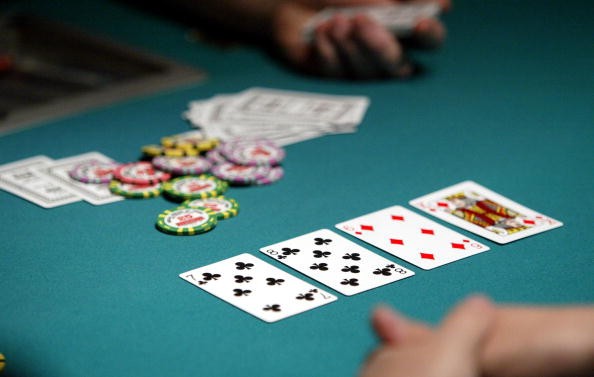It looks like artificial intelligence (AI) is increasingly becoming more potent against humans, as an AI-powered robot called Libratus beat four of the world's top players in a game of poker in Philadelphia. The victory earned the robot around $1.7 million.
Libratus, a creation of scientists from Carnegie Mellon University, has demonstrated the ability of machines to counter human discretion prominent in games like poker, which features imperfect information. The machine's win means that AI can now match up with human strategizing, Reuters said.
Machines have beaten humans in a host of other games before--in chess, checkers, and Go. However, those games do not have imperfect information features, making Libratus' win an important milestone for AI developers looking to recreate human behavior, Australian Broadcasting Corporation reported.
Tuomas Sandholm, a computer science professor at Carnegie Mellon University and one of Libratus' creators, said that the robot has exhibited advanced qualities in strategic reasoning. Such skill is thought of as unthinkable in robots.
With Libratus' victory, several companies have approached its creators as part of possible ventures to recreate the machine's AI qualities for other problem-solving features. Sandholm said that the robot can contribute to situations like medical treatment and business negotiations.
Key to the winning formula of Libratus lies on its propensity to bluff other players. Considering that poker features imperfect information qualities, winning it would have to require strategies to get one over the other players--something the robot has successfully done.
Libratus serves as an upgrade to Carnegie Mellon University's past endeavor in 2015 named Claudico. That robot, unlike its newer variant, has failed in beating other poker players, largely because of the bugs it has on its algorithm.
Poker players that faced Claudico won around $700,000 as they won daily against the robot. In contrast, Libratus exhibited a massive improvement, with poker players only winning five out of 20 days against it for $200,000 split among them.



























